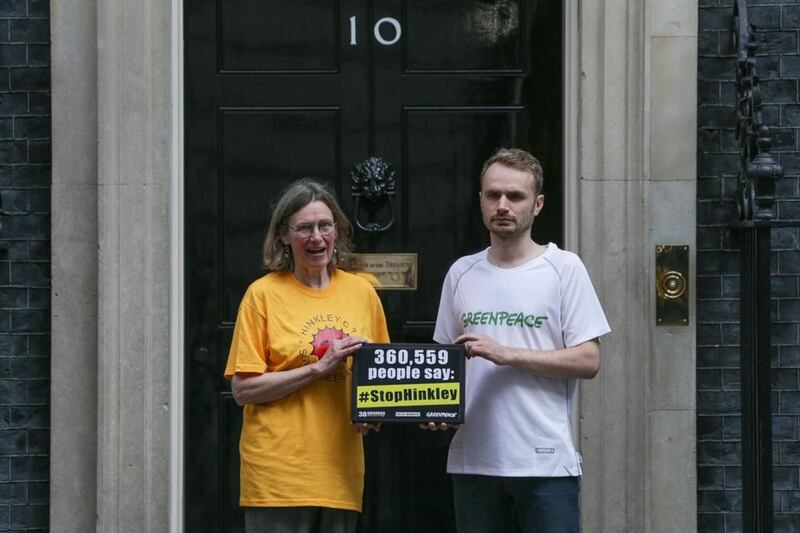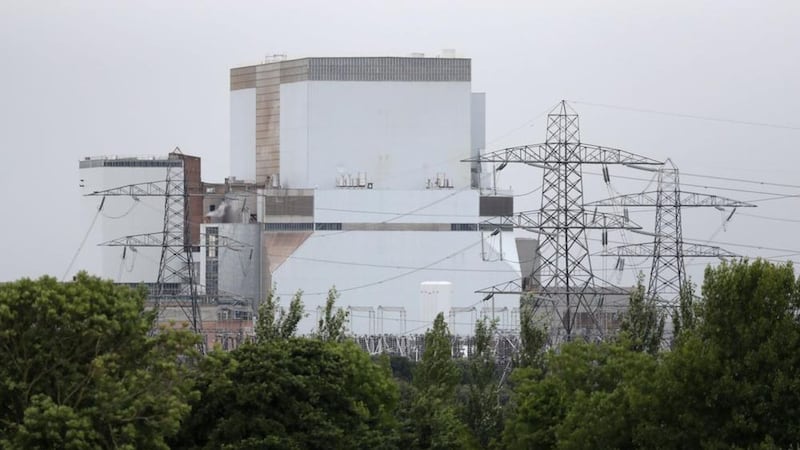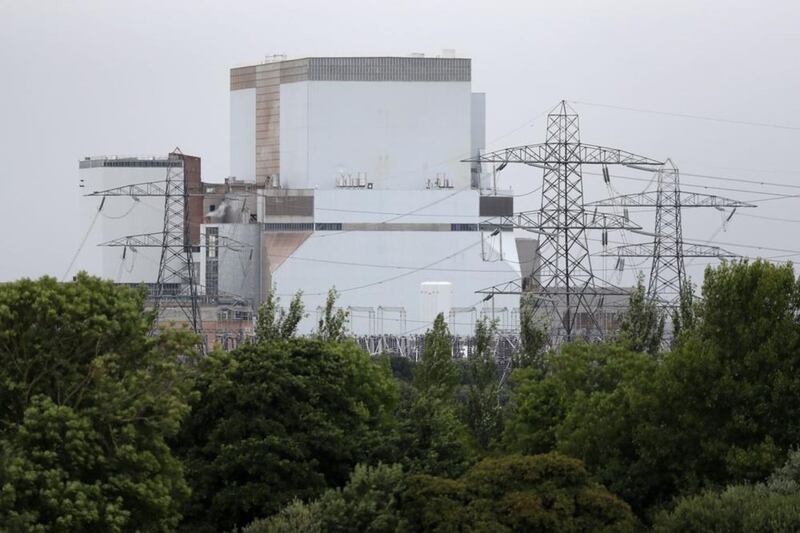THE decision to give the green light for a new nuclear power station in Britain presents a "real risk" to Ireland, it has been claimed.
Sinn Féin president Gerry Adams and the SDLP’s Margaret Ritchie both spoke out following the British government’s go-ahead for the controversial Hinkley Point C project, which will see an £18 billion plant built in Somerset, 150 miles from Irish shores.
Prime minister Theresa May had placed the plans on hold in July to review costs and security, but yesterday it was announced a new deal had been reached with French energy firm EDF, which will construct Hinkley Point with Chinese help.
The agreement will “safeguard” UK interests surrounding foreign investment in nuclear power, the government insists.
Energy secretary Greg Clark said: “Britain needs to upgrade its supplies of energy, and we have always been clear that nuclear is an important part of ensuring our future low-carbon energy security.”
However, across the Irish Sea, plans for the power station have sparked anger.

Critics include An Taisce, the national trust organisation for Ireland, which was behind a failed legal challenge to the plans in 2014.
It claimed the Irish people should have been formally consulted on environmental risk factors due to the coastal location.
Despite the failure of the legal case, a UN committee report “vindicated” its stance, An Taisce claims, when it ruled the UK was in non-compliance with its obligations to consult neighbouring countries over its Hinkley Point blueprints.
A petition signed by 360,000 people demanding the nuclear plant be scrapped was also handed into Downing Street yesterday.
South Down MP Ms Ritchie described the decision to proceed as “astonishing” following recent revelations about Britain’s other controversial coastal nuclear site, Sellafield, where safety concerns were uncovered by a BBC Panorama investigation.
“Choosing nuclear over renewable energy sends out the message that the government is choosing the exchequer over the safety of communities,” she said.
“Since day one these plans in particular have been plagued with problems. The reactor design is widely considered to be outdated and problematic with similar designs in Finland and France running years behind schedule and well over budget.
“The decision to push ahead with these plans against public and expert opinion defies economic, environmental and safety considerations."
The MP claimed the new reactor – built alongside two existing nuclear reactors at Hinkley Point – will “lumber untold future generations with a toxic legacy”.
Gerry Adams, meanwhile, urged the Irish government to "vigorously oppose both politically and legally" the reactor proposal.
The Louth TD said: "The Hinkley Point nuclear power plant presents a real risk to the health and safety of citizens on the east coast of Ireland who will now have an additional nuclear plant just across the Irish Sea.
“The British decision is not the final word on this issue. There is widespread opposition in Britain to the plant, particularly because of concerns around environmental issues.
“Like Sellafield, the Irish government should be engaged in a determined campaign to close these nuclear plants.”



